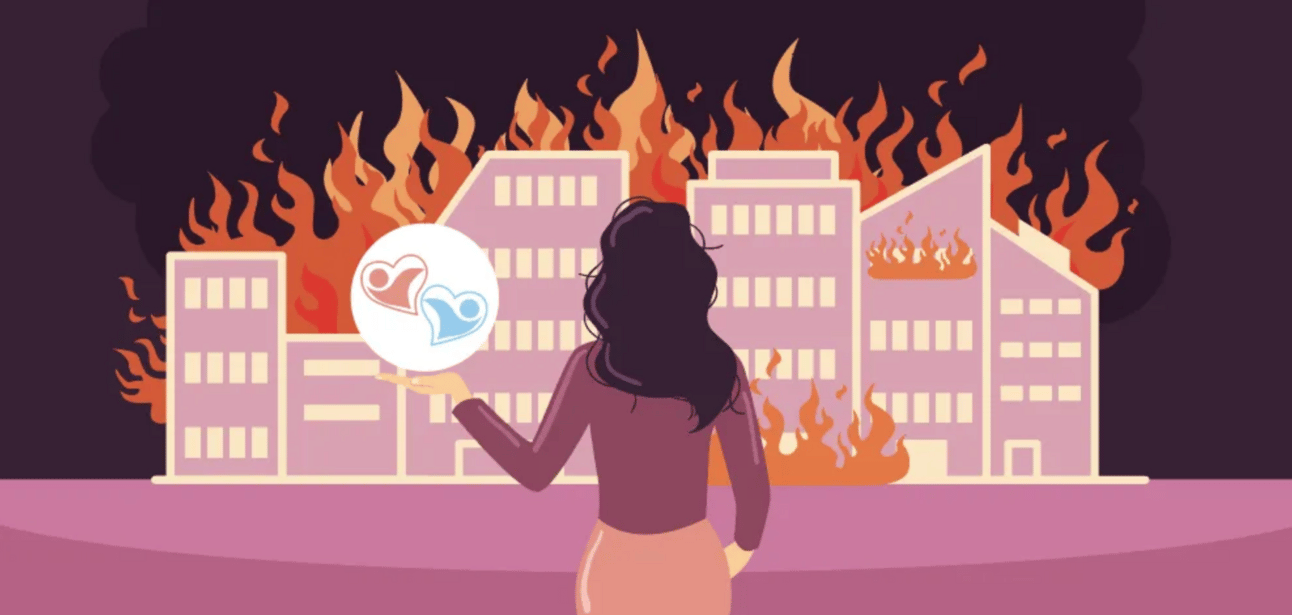Welcome to EH Weekly, the new newsletter from the team behind Medium’s biggest entrepreneur-focused publication.
You can look forward to insightful lessons and practical takeaways delivered to your inbox every week.
Founders: There’s no shame in failure! 🦸

“I’m done hiding now. I’m Lauren, my startup failed, and I am now looking for jobs in operations and product.”
At Entrepreneur’s Handbook, we wax lyrical about startup successes and love founders sharing the story behind the rise. But that rise is often followed by the fall, something founders are less comfortable sharing.
That’s why we love this amazing, vulnerable story from Lauren Kay. Millions of people listened to her Y Combinator-backed startup’s story. Then, everything fell apart.
But through it all, Kay learned a few things that she would tell her 26-year-old “failed” self a few things:
Startup failures are far more common than they appear — In reality, closer to 90% of startups fail. We just don’t hear about the failures nearly as often and fall victim to survivorship bias. There’s no guilt or shame in trying to make something of yourself.
People only want you to fail if they are unhappy — Unfortunately, some people are looking for that failure to validate their own life decisions because they wish they had the bravery to chase after their own dreams. Others’ failure makes them feel safer in their own life choices. It’s best to distance yourself from those people.
When you look back, don’t be harsh on your past self — You were using the tools you had and doing what you thought was best. You likely had limited life experience, limited money, and limited support. You can’t blame yourself for not being the Mother Teresa of startup founders, for not taking calls and helping people, or for working 80-hour weeks as your company barely got by?
Fundraising takes a huge psychological toll — “I can’t discount how traumatic those experiences were. It’s impossible to quantify trauma and the long-term role it plays in the decisions we make. What could have been, if I had not experienced the requests for late-night meetings at hotels, the condescension, the lack of respect. Those weeks made a permanent impact on my self-worth and personal narrative.”
Learning to tell your story — Don’t think back on that time as a failure; see it instead as growth. Your experiences, insights, friendships, wins and losses combine into an experience that will change you forever and, if you share it, will help the lives of many other founders following your footsteps.
Recommended Reads 🔍
Stop Expecting Venture Capital to Solve All the World’s Problems — Angel Investor DC Palter discusses the expectation of VC money, the problems, and the alternatives available.
How to Speed Up Product Development with Design — Nicole Gallardo dives into the new frameworks tech leaders are leveraging to accelerate the development process.
Little Links
🐝 Sign up to Beehiiv - the best place to build a newsletter in 2023.
📺 Subscribe to us on YouTube.
📖 Check 8 years of our content on Medium.